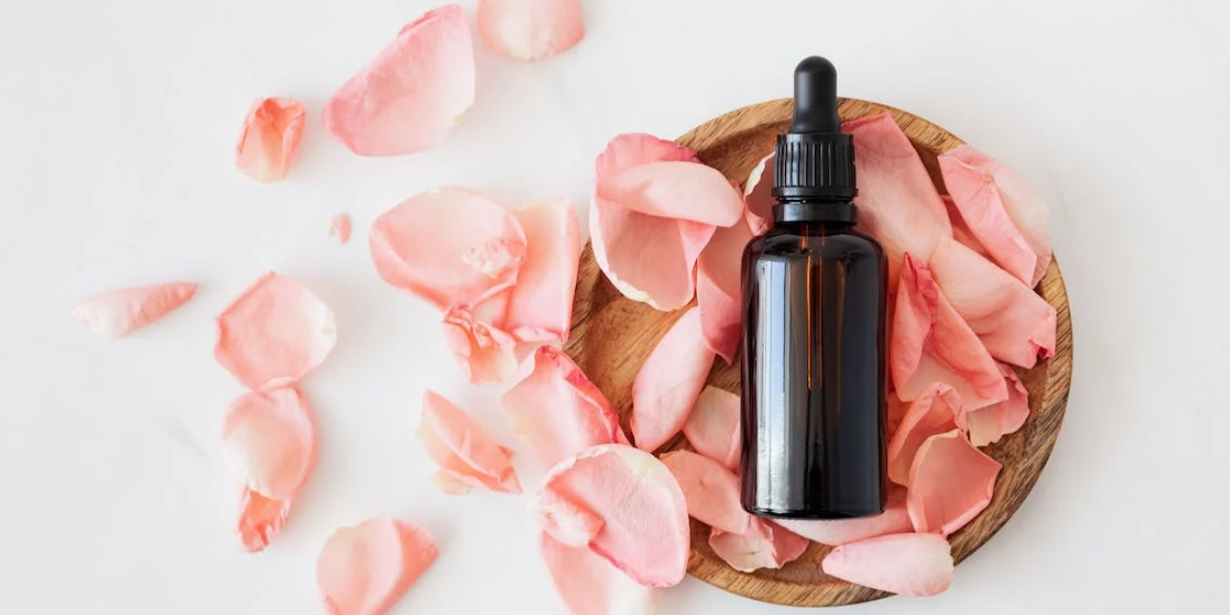The CBD industry is flourishing, conservatively projected to hit $16 billion in the United States by 2025.
Already, the plant extract is being added to cheeseburgers, toothpicks and breath sprays. More than 60 percent of CBD users have taken it for anxiety, according to a survey of 5,000 people, conducted by the Brightfield Group, a cannabis market research firm. Chronic pain, insomnia and depression follow behind. Kim Kardashian West, for example, turned to the product when “freaking out” over the birth of her fourth baby. The professional golfer Bubba Watson drifts off to sleep with it. And Martha Stewart’s French bulldog partakes, too.
What is CBD?
Cannabidiol, or CBD, is the lesser-known child of the cannabis sativa plant; its more famous sibling, tetrahydrocannabinol, or THC, is the active ingredient in pot that catapults users’ “high.” With roots in Central Asia, the plant is believed to have been first used medicinally — or for rituals — around 750 B.C., though there are other estimates too.
Cannabidiol and THC are just two of the plant’s more than 100 cannabinoids. THC is psychoactive, and CBD may or may not be, which is a matter of debate. THC can increase anxiety; it is not clear what effect CBD is having, if any, in reducing it. THC can lead to addiction and cravings; CBD is being studied to help those in recovery.
What are the claims?
CBD is advertised as providing relief for anxiety, depression and post-traumatic stress disorder. It is also marketed to promote sleep. Part of CBD’s popularity is that it purports to be “nonpsychoactive,” and that consumers can reap health benefits from the plant without the high (or the midnight pizza munchies).
Just as hemp seedlings are sprouting up across the United States, so is the marketing. From oils and nasal sprays to lollipops and suppositories, it seems no place is too sacred for CBD. “It’s the monster that has taken over the room,” Dr. Brad Ingram, an associate professor of pediatrics at the University of Mississippi Medical Center, said about all the wild uses for CBD now. He is leading a clinical trial into administering CBD to children and teenagers with drug-resistant epilepsy.
Does CBD work?
“It’s promising in a lot of different therapeutic avenues because it’s relatively safe,” said James MacKillop, co-director of McMaster University’s Michael G. DeGroote Center for Medicinal Cannabis Research in Hamilton, Ontario.
Last year, the F.D.A. approved Epidiolex, a purified CBD extract, to treat rare seizure disorders in patients 2 years or older after three randomized, double-blind and placebo-controlled clinical trials with 516 patients that showed the drug, taken along with other medications, helped to reduce seizures. These types of studies are the gold standard in medicine, in which participants are divided by chance, and neither the subject nor the investigator knows which group is taking the placebo or the medication.
While there is hope for treating other conditions with the plant extract, Epidiolex remains the only CBD-derived drug approved by the F.D.A. Most of the research on cannabidiol has been in animals, and its current popularity has outpaced science. “We don’t have the 101 course on CBD quite figured out yet,” said Ryan Vandrey, an associate professor of psychiatry and behavioral sciences at Johns Hopkins University School of Medicine.
Does CBD help anxiety and PTSD?
For students with generalized social anxiety, a four-minute talk, with minimal time to prepare, can be debilitating. Yet a small experiment in the journal Neuropsychopharmacology found that CBD seemed to reduce nervousness and cognitive impairment in patients with social anxiety in a simulated public speaking task.
However, a double-blind study found healthy volunteers administered CBD had little to no change in their emotional reaction to unpleasant images or words, compared to the placebo group. “If it’s a calming drug, it should change their responses to the stimuli,” said Harriet de Wit, co-author of the study and a professor in the University of Chicago’s department of psychiatry and behavioral neuroscience. “But it didn’t.”
Many soldiers return home haunted by war and PTSD and often avoid certain activities, places or people associated with their traumatic events. The Department of Veterans Affairs is funding its first study on CBD, pairing it with psychotherapy.
“Our top therapies attempt to break the association between reminders of the trauma and the fear response,” said Mallory Loflin, an assistant adjunct professor at the University of California, San Diego and the study’s principal investigator. “We think that CBD, at least in animal models, can help that process happen a lot faster.” While large clinical trials are underway, psychologists say there isn’t compelling evidence yet as to whether this is a viable treatment.
Does CBD help sleep and depression?
Up in the wee hours of the night, stuck watching videos of puppies? CBD may be promising as a sleep aid; one of the side effects of the Epidiolex trials for epilepsy was drowsiness, according to Mr. MacKillop, a co-author of a review on cannabinoids and sleep. “If you are looking for new treatments for sleep, that may be a clue,” he said.
But he cautions that the side effects could have been because of an interaction with other medications the children were taking to control the seizures. So far, there hasn’t been a randomized, placebo-controlled, double-blind trial (the gold standard) on sleep disorders and CBD.
A recent chart review of 72 psychiatric patients treated with CBD found that anxiety improved, but not sleep. “Over all, we did not find that it panned out as a useful treatment for sleep,” said Dr. Scott Shannon, assistant clinical professor of psychiatry at the University of Colorado, Denver and the lead author of the review in The Permanente Journal.
Sleep can be disrupted for many reasons, including depression. Rodents seemed to adapt better to stressful conditions and exhibited less depressive-like behavior after taking CBD, according to a review in Journal of Chemical Neuroanatomy. “Surprisingly, CBD seems to act faster than conventional antidepressants,” wrote one of the authors of a new review, Sâmia Joca, a fellow at the Aarhus Institute of Advanced Studies in Denmark and an associate professor at the University of São Paulo in Brazil, in an email interview. Of course, it’s difficult to detect depression in animals, but the studies that Ms. Joca and her colleagues reviewed suggested that in models of chronic stress exposure, the mice and rats treated with CBD were more resilient.
But without clinical trials in humans, psychologists say CBD’s effect on depression is still a hypothesis, and not an evidence-based treatment.
Source: nytimes
Image: Pexels







